
Producing over 40% of teachers in South Africa
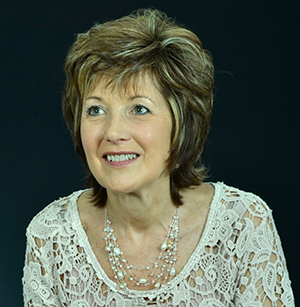
Prof Elize du Plessis
The Education Association of South Africa (EASA) strives to recognise extraordinary contributions in the field of education, as well as exceptional services rendered to the association itself. Accordingly, on 9 March, the EASA EXCO awarded the prestigious EASA Research Medal to Professor Elize du Plessis of the Department of Curriculum and Instructional Studies in the College of Education (CEDU). The medal will be presented to her at the annual EASA conference.
The Research Medal is awarded to an individual who has attained outstanding achievements in the field of educational research over at least ten years and who has not previously received this award.
Du Plessis exemplifies the belief that tuition, community engagement and research complement one another, and her research is motivated by observing communities of practice. Indeed, it was a combination of training and practical experience that gave rise to her intense interest in how open and distance learning (ODL) student teachers experience their studies.
Addressing challenges – in particular, those challenges that student teachers at ODL institutions experience during their teaching practice sessions and, more recently, in the area of e-learning – is both the focus of her research inquiry and the area of her expertise. Du Plessis has striven to understand students and their learning experiences in the ODL context, as it is her firm belief that being aware of student characteristics, as well as the needs and the difficulties they encounter, is essential to effective practice in ODL.
Her interest and passion for research lie in student training and how – by identifying gaps in ODL teaching practices – student teachers can be assisted in becoming competent and reflective practitioners. Her research into how student teachers are trained has revealed a significant gap in such training. This gap arises from a basic lack of communication and understanding between the academic practitioners at higher education institutions, the course designers who deliver the course material, and the students themselves.
Challenges faced by student teachers, such as assessment in ODL (the way in which formative assessment takes place and the frequent lack of feedback); guidance by mentors as to how the construction of their knowledge during teaching practice may be synchronised; experiences of work-integrated learning (WIL); and access to technology are common. Furthermore, student teachers are not given opportunities to communicate their problems to their relevant institutional authorities. Further, student teachers experience a lack of support in an ODL community of practice as well as a lack of access to facilities such as the internet. Du Plessis’ research thus represents an attempt to give a voice to ODL student teachers.
Although her research focuses on ODL student teachers and, more recently, ODeL student teachers, her findings are also valid and valuable when applied to residential students, since other higher education institutions are facing similar challenges to those experienced in the ODL/ODeL context. These include effective mentoring of teaching practice students and school visits and, more recently, e-learning. The impact of Du Plessis’ work, both nationally and internationally, is evident from the invitations she has received from editors of journals to submit and review articles, as well as from her service on editorial boards.
The past ten years (2011 to 2021) have been very productive and valuable for Du Plessis’ professional development as a researcher. She has published 34 articles (21 co-authored), with 27 appearing in accredited journals and has produced five sets of conference proceedings, two of these international and three national. She mentors four mentees within her department at the university and has co-published with these junior lecturers and with PhD students. Du Plessis has read 42 papers at conferences (nationally and internationally), co-published nine academic books, and supervised six master’s and five doctoral degree students to completion.
In addition to these incredible achievements, she received a Women in Research: Developing Researcher Award from Unisa in 2012. Du Plessis is a reviewer of articles for several national and international journals and has been invited to join the editorial and advisory board of a journal, the Academy Journal of Educational Science, in Turkey.
Apart from research and workshops conducted on the implementation of the Curriculum and Assessment Policy Statement (CAPS), Du Plessis is the chair of the re-curriculation task team for the Postgraduate Certificate in Education (Senior Phase and Further Education and Training) programme at UNISA. She is a member of several national and international associations, such as the International Society for Teacher Education (ISfTE), the South African Education Research Association (SAERA), the Global Research & Development Services (GRDS) and the Education Association of South Africa (EASA), where she serves on the EXCO, with two portfolios, Special Interest Groups and as web page coordinator. Du Plessis is also involved in a funded community project with the district of Johannesburg East under the topic ‘Deputy principals as curriculum and instructional leaders’ (2018 until present).
Du Plessis’ academic citizenship includes a working relationship with Queensland University (until 2020), working closely with UMALUSI, and providing academic advice to an outside institution, the Two Oceans Graduate Institute. She acts as moderator and external examiner for MEd dissertations, DEd and PhD theses for various institutions. Du Plessis is also an external moderator for North-West University for their PGCE programme.
Du Plessis is an exemplary researcher, academic, colleague and contributor to community upliftment through her research. She is shaping the path for many new and novice researchers by willingly sharing her knowledge and skills in research with unpublished authors as a mentor and co-author, as well as by increasing the research output of her institution by uplifting aspiring researchers. All who work with Du Plessis will attest to the positive impact she has as a leader within her research field and the way in which she leads by example.
* By Dineo Horner, Communication and Marketing Specialist, College of Education
Publish date: 2022-03-18 00:00:00.0
 National leader in mathematics education aims to improve outcomes
National leader in mathematics education aims to improve outcomes
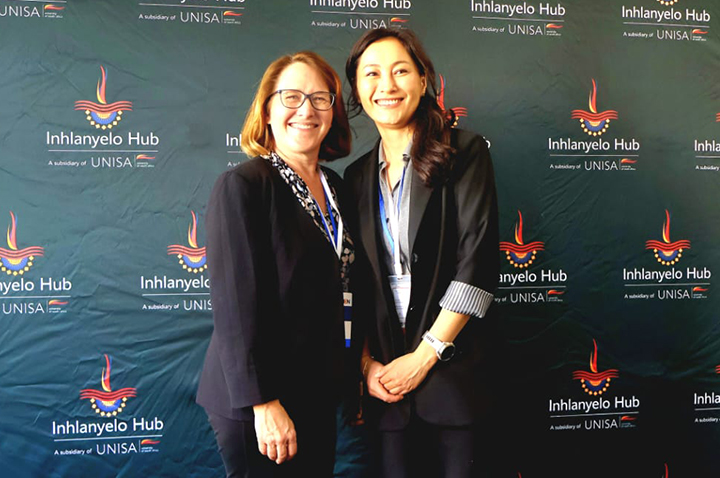 Unisa roundtable focuses on empowering SA women to lead in innovation
Unisa roundtable focuses on empowering SA women to lead in innovation
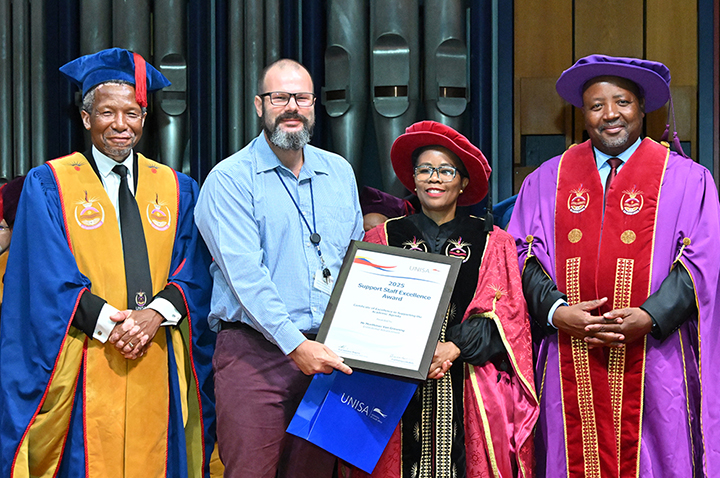 Unisan recognised for web excellence
Unisan recognised for web excellence
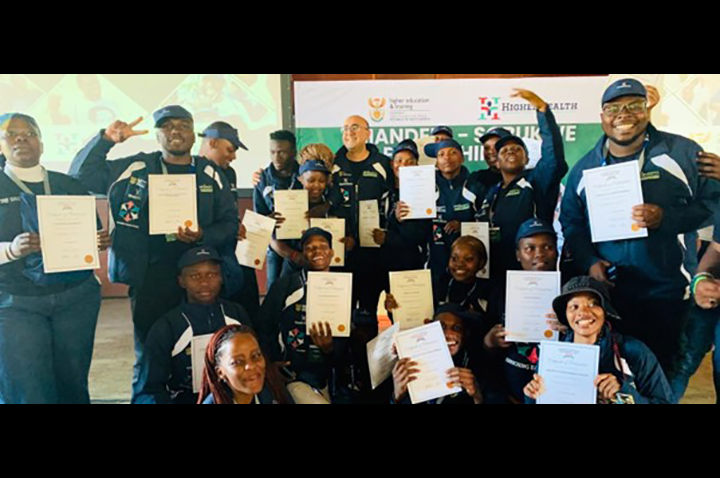 Office of the Dean of Students participates in leadership camp
Office of the Dean of Students participates in leadership camp
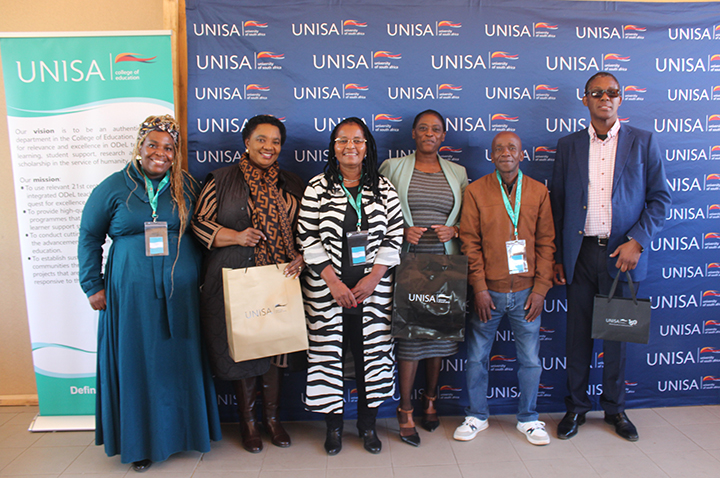 Unisa project fosters digital and pedagogical innovation in Limpopo schools
Unisa project fosters digital and pedagogical innovation in Limpopo schools